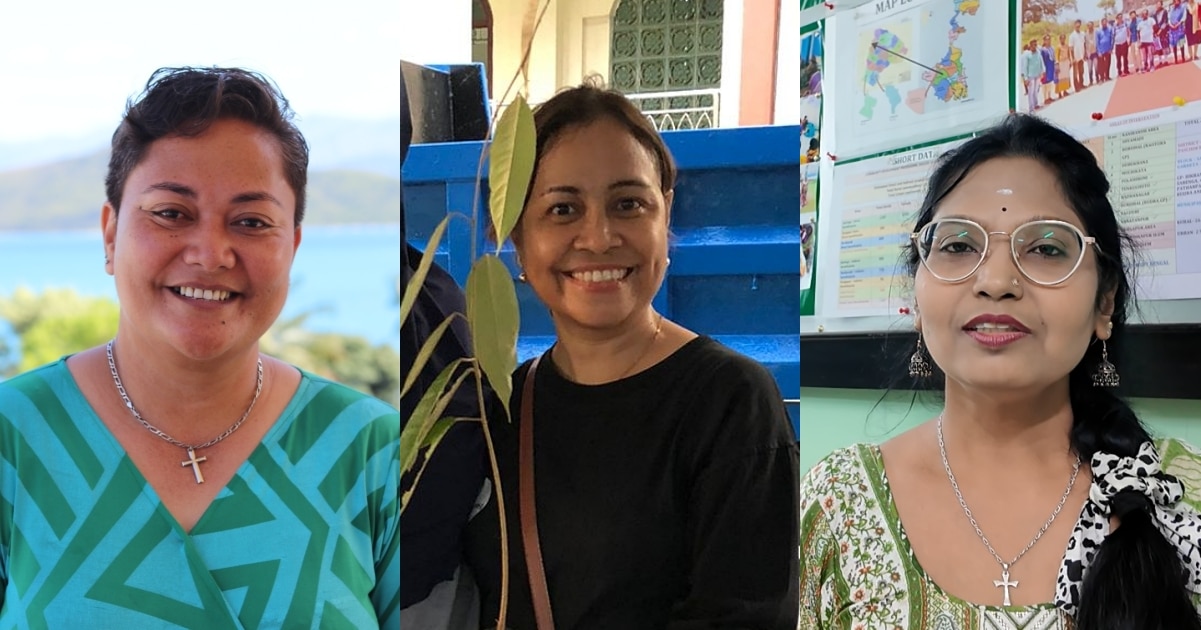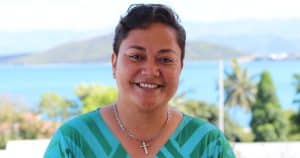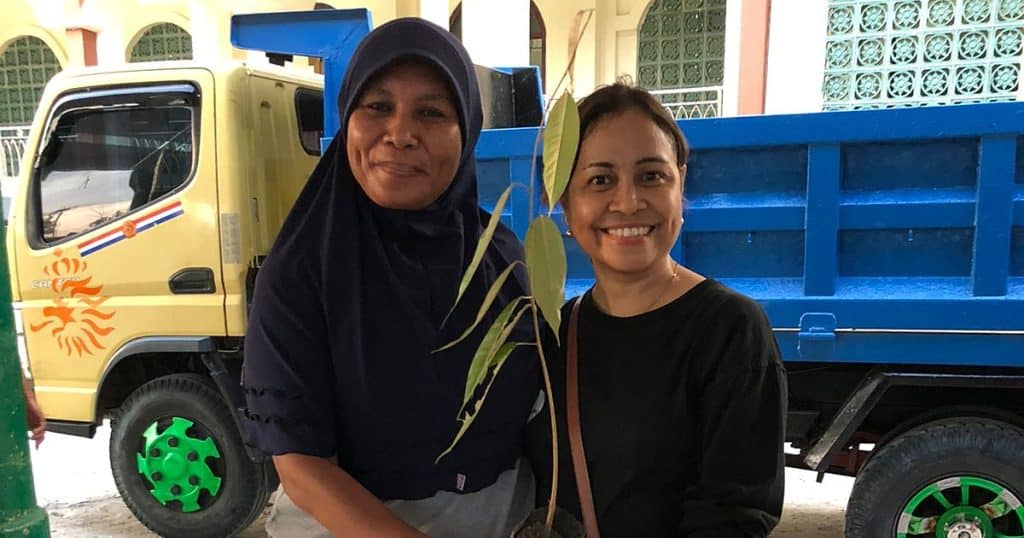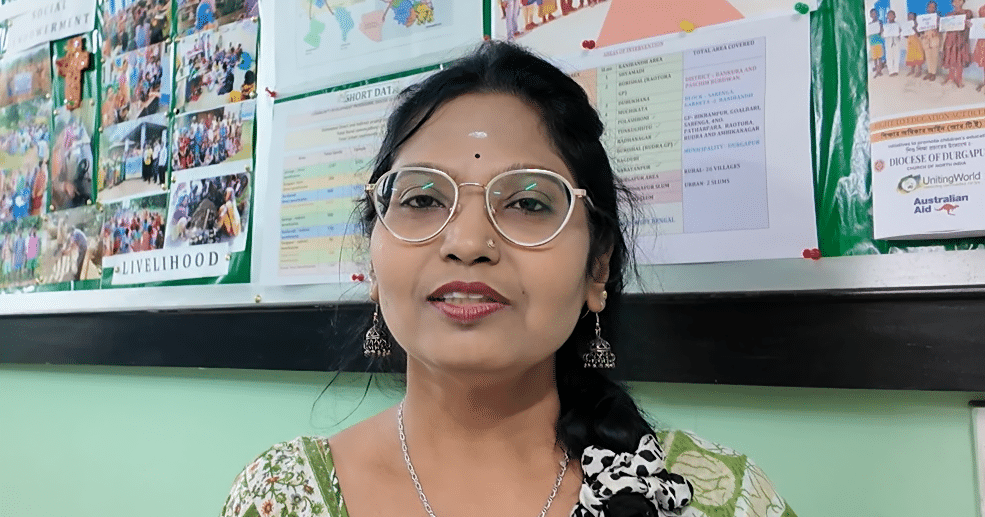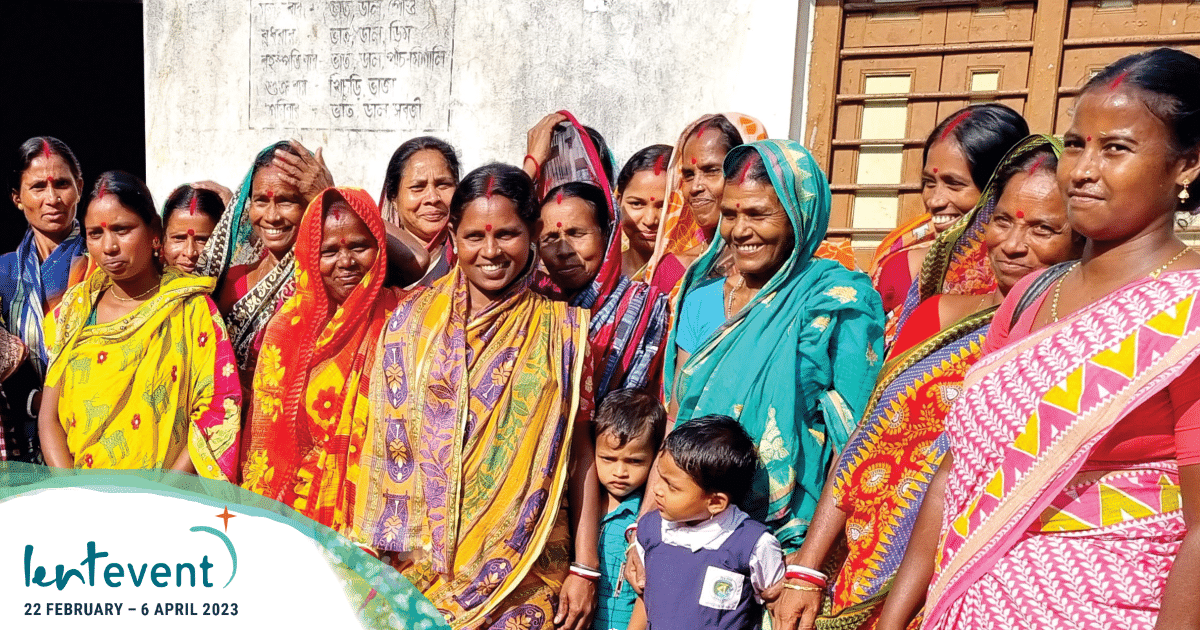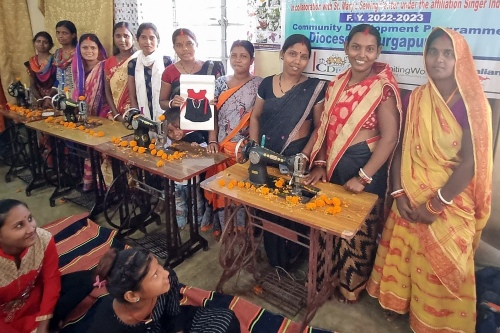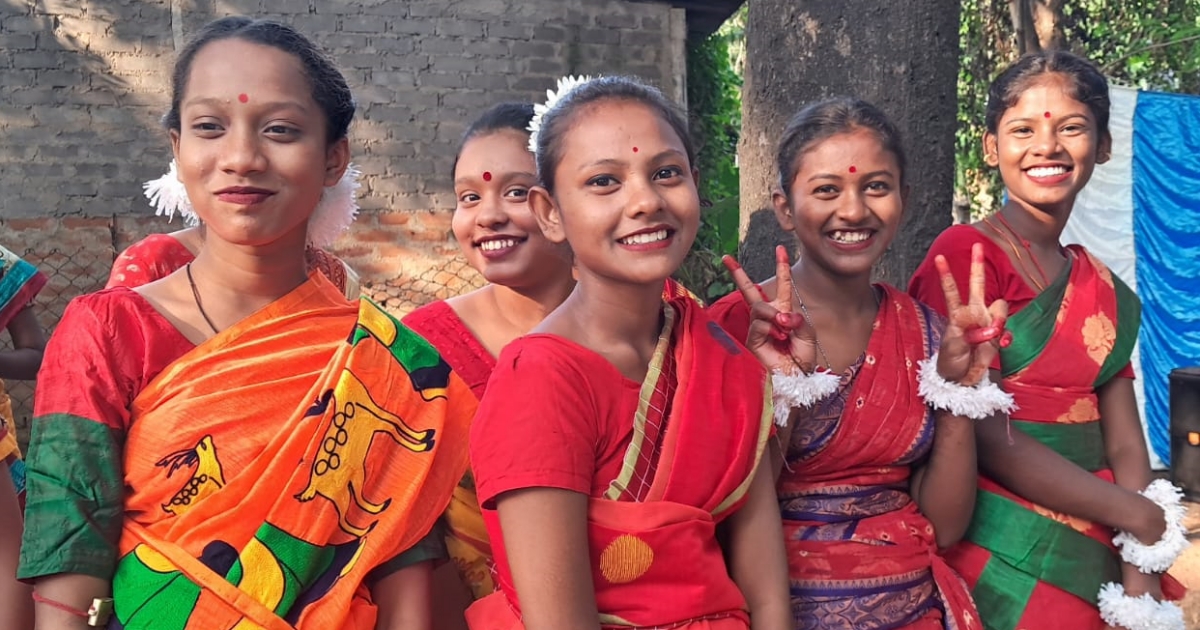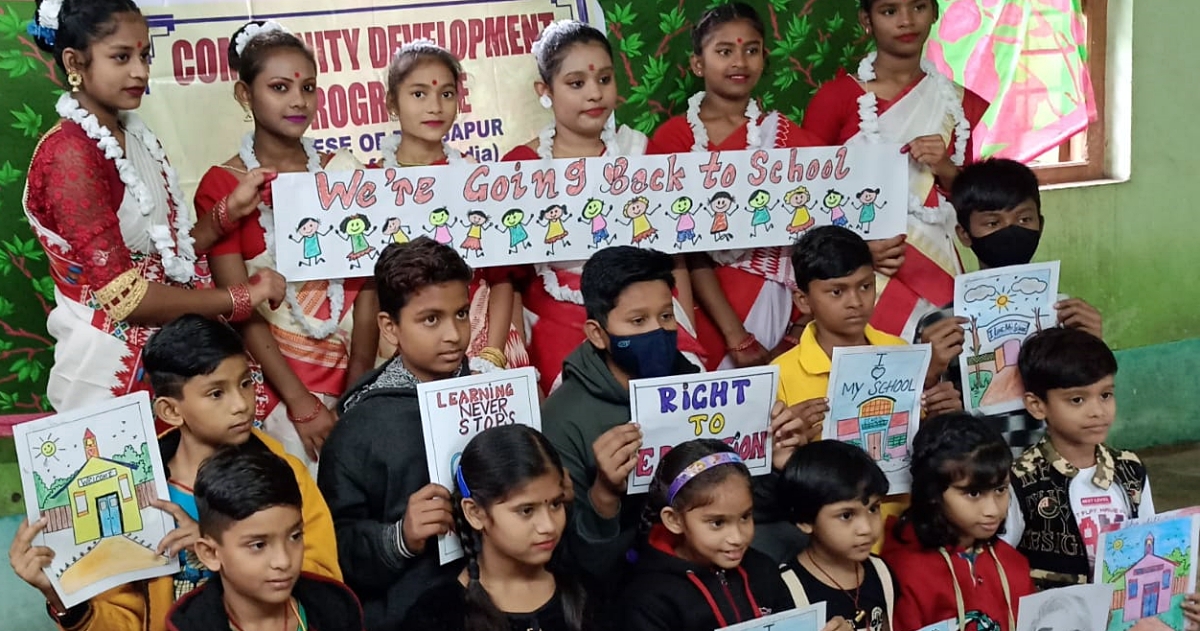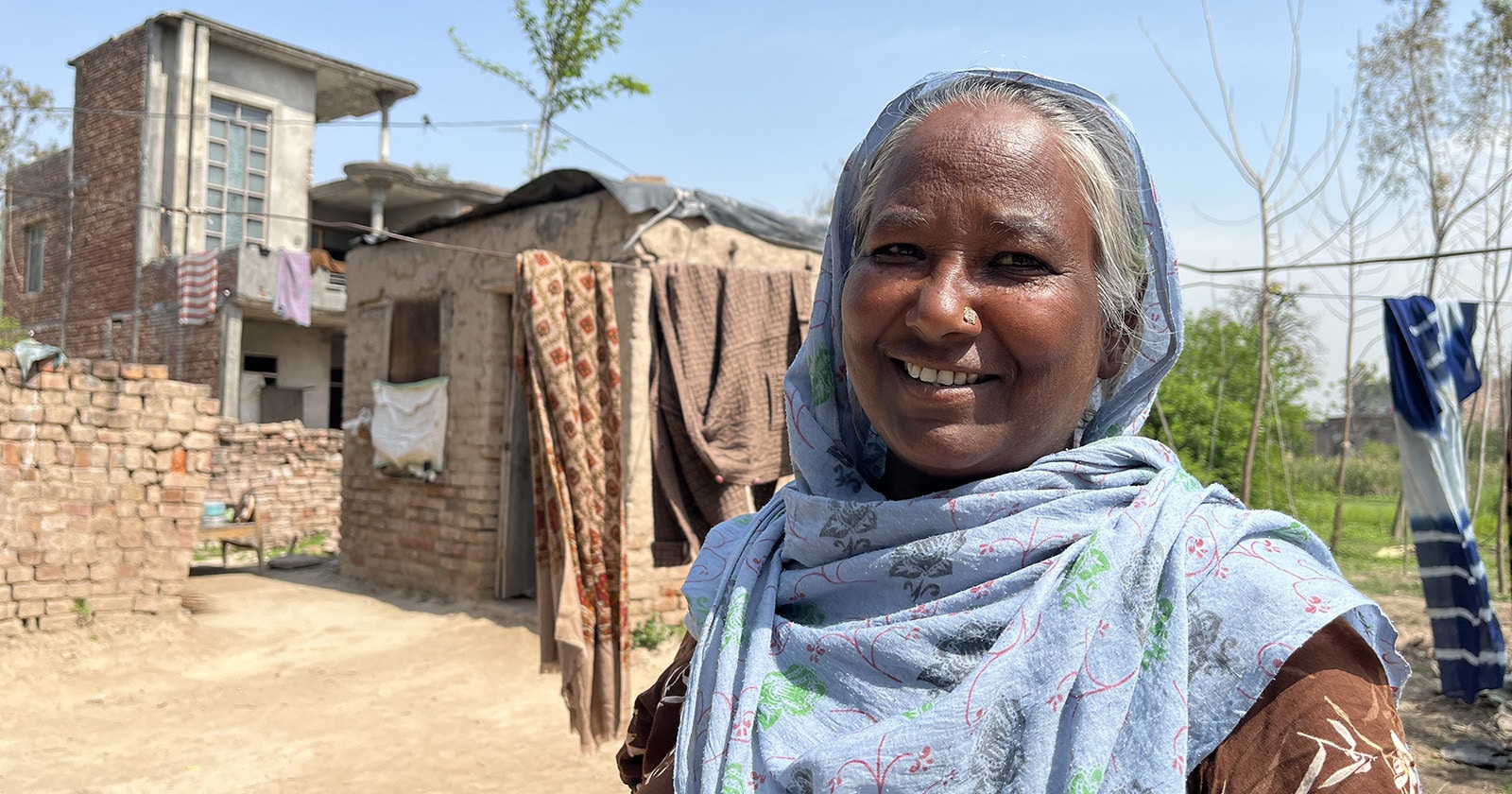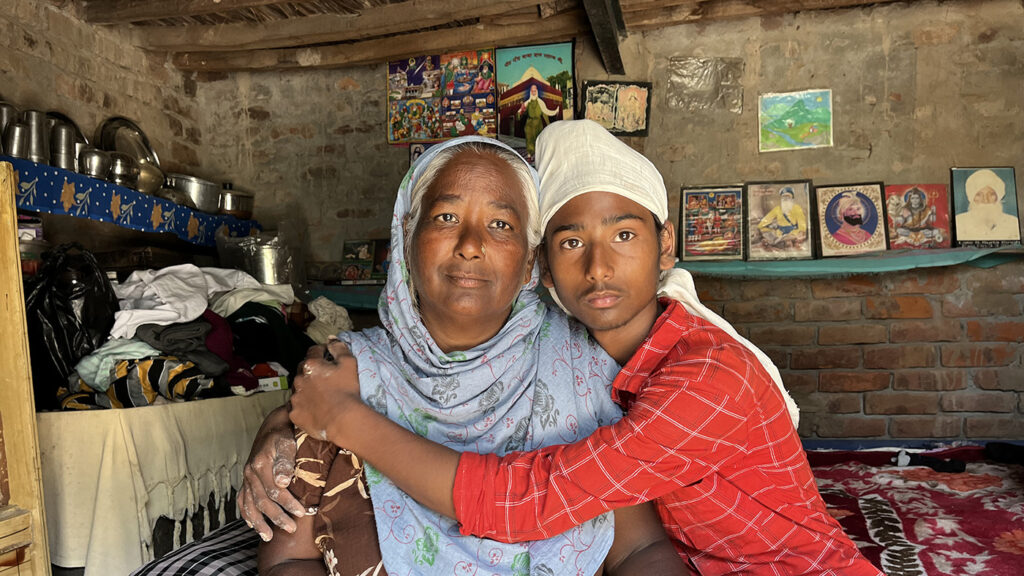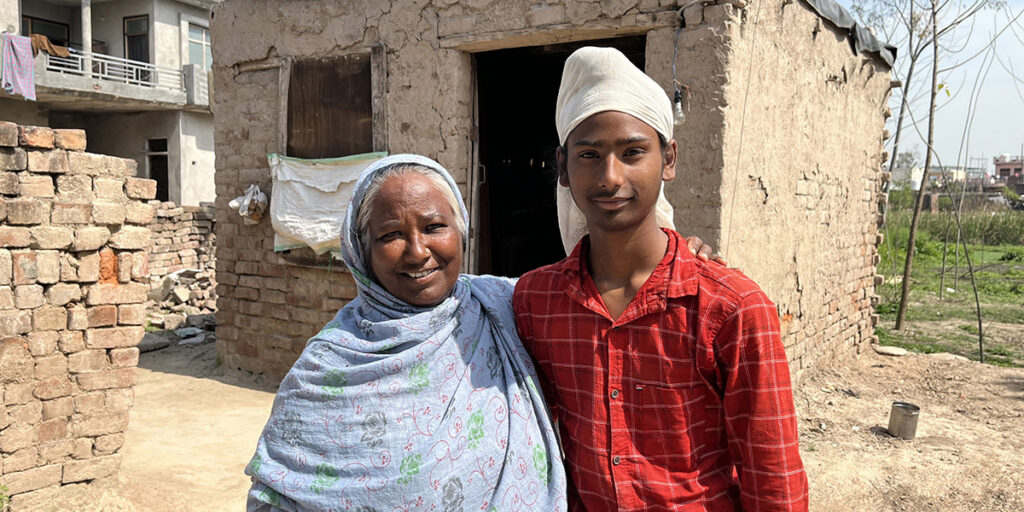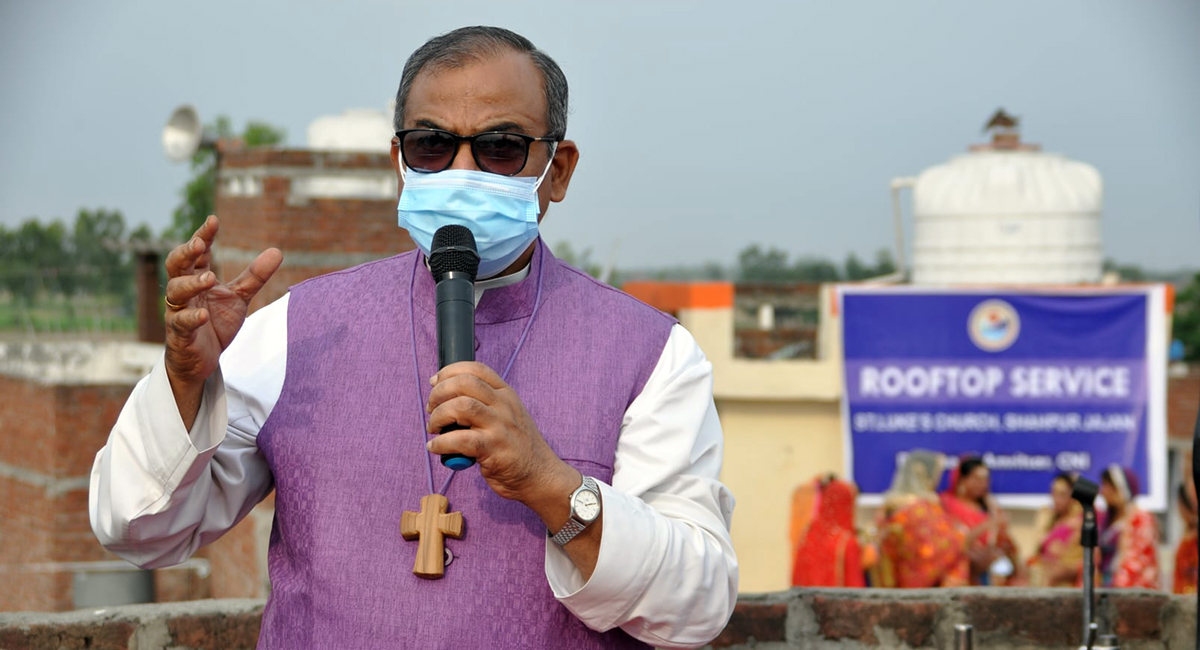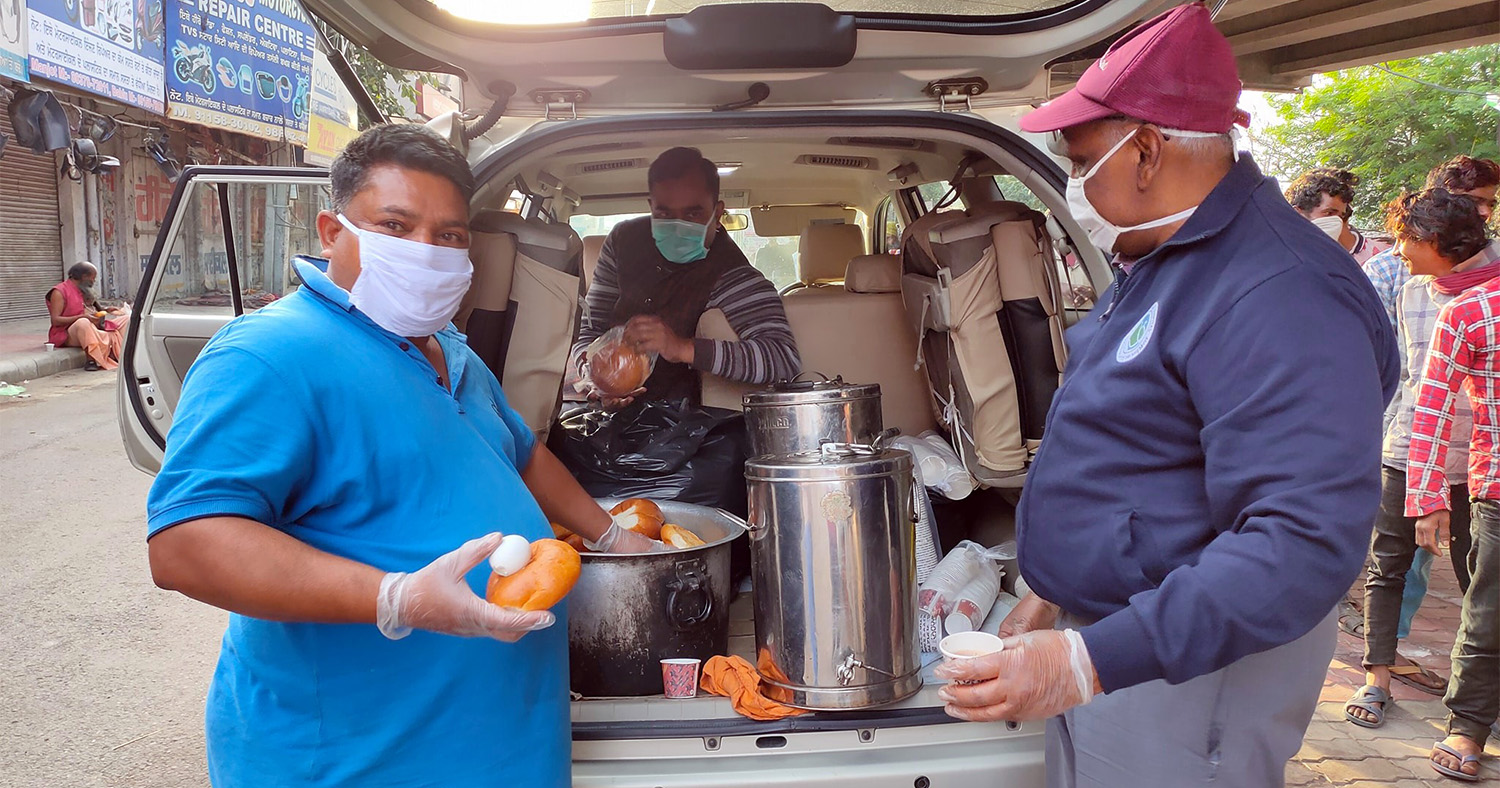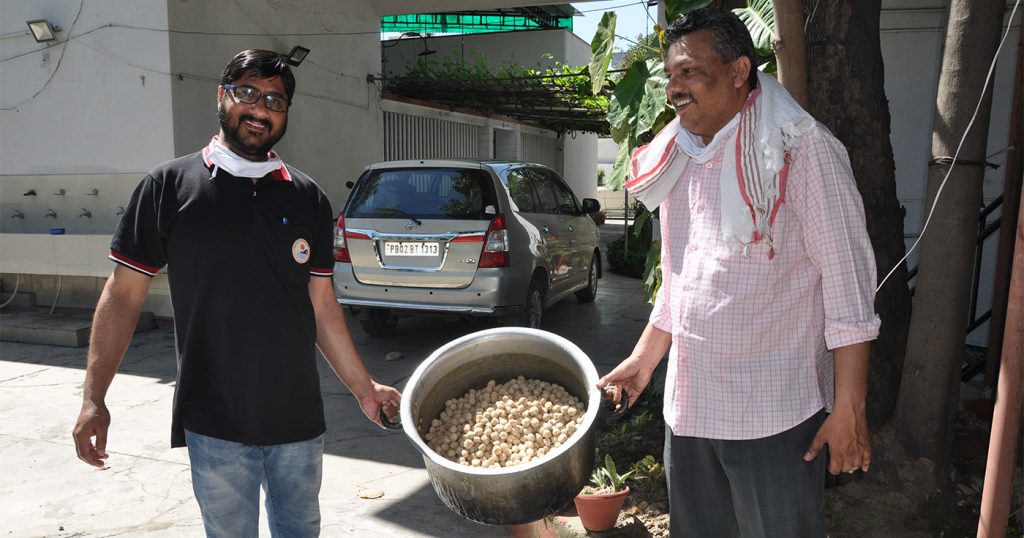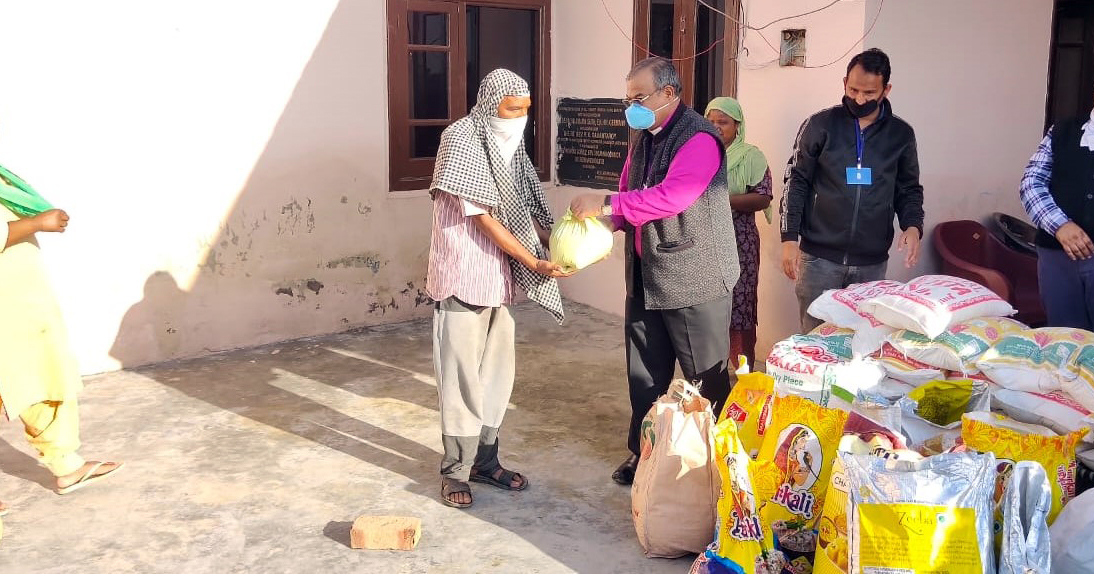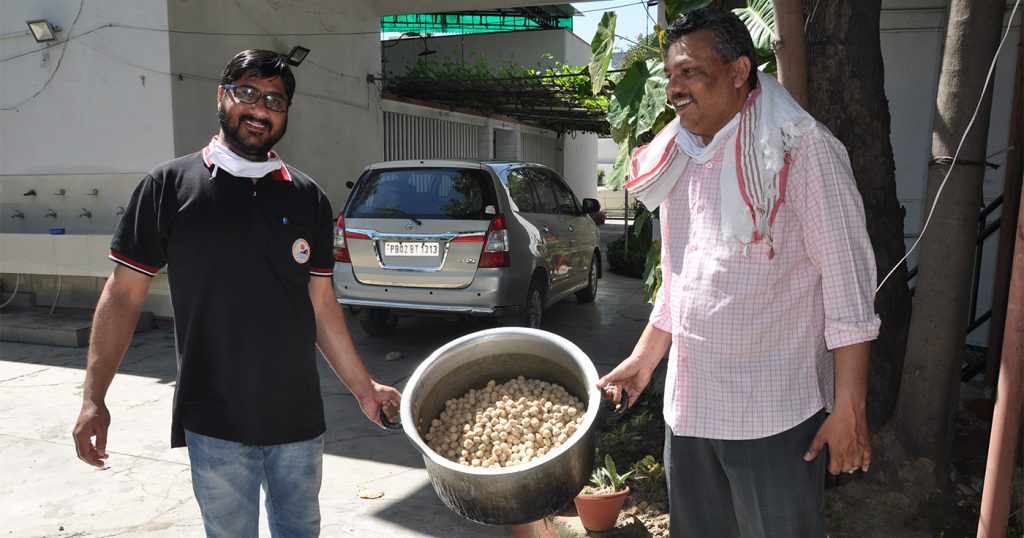Three women leaders we’re celebrating this International Women’s Day
Happy International Women’s Day!
The theme this year is a great one: Invest in women: Accelerate progress!
Women’s empowerment and education in places where they are excluded or marginalised has long been a pillar of global development, but lesser known are the climate benefits.
Women make up a large proportion of the agricultural sector and produce up to 80% of the food in developing countries. When climate disasters hit, women and girls bear a disproportionate burden of the impacts and they’re typically already held back by pre-existing socioeconomic disparities.
Women are also at the forefront of climate action and are key players in sustainable development the world over. By investing in women as early as possible and ensuring their full participation, we can hear their wisdom, follow their lead and make powerful change.
What about us in the church?
Our church is blessed to have so many formidable and bold women leading the way in faith and justice, both in Australia and among our partners overseas.
Here are three women we’ve been investing in!
Rev Geraldine
Methodist Church in Fiji
Rev Geraldine from Rotuma in Fiji is an Old Testament theologian who is passionate about her community and culture. She is currently completing her PhD in theology, which was enabled through a scholarship funded by UnitingWorld supporters (thank you!)
Rev Geraldine is a strong advocate for theological education and the inclusion and leadership of women for a stronger, more vibrant church.
“We as leaders need to give space for all people to speak. Not just for scholars, but people in the community. They are living the impacts of climate change and the social issues we need to know about to direct the priorities of the church and its theology,” she says.
On climate action, she said, “the world I want to see is one where … humanity respects creation, animals and trees, because there is life in them; and where there is kindness, caring and loving. Because I see God in that world.”
Rev Jeny Mahupale
Protestant Church of Maluku (GPM)
Rev Jeny (right) is the Project Coordinator of an initiative launched last year, working across six villages to teach and equip people to build and maintain productive kitchen gardens to grow their own food.
Thanks to UnitingWorld supporters, GPM could access the resources needed to roll out the project in some pilot locations and is now expanding across the villages. Rev Jeny’s team has even been running popular workshops to show communities how to make their own organic fertilisers!
Rev Jeny is also passionate about peacebuilding (she has been recognised by the United Nations for her work) and a central part of the project is to outreach to Muslim communities to build peace and greater understanding of God’s love for all creation.
She and her team recently gave away 1,000 tree and plant seedlings in a single day as an outreach of the church, and to build awareness about the kitchen gardens project.
“Please, as humans, let’s work together for saving the earth – saving our children’s future. Thank you so much for all your support for UnitingWorld and for us in the east part of Indonesia. One plant you give, one vegetable seed you share, is same as you share your breath for other people and nature. Thank You. big hug from Ambon-Maluku, East Indonesia.”
Sophia Lakra,
Church of North India – Diocese of Durgapur
Sophia is a Program Facilitator for the Community Development Program we support in Durgapur, North India, and is passionate about expanding education access for those who are traditionally marginalised because of poverty, gender or caste.
During the pandemic, she kept her school’s vacation program going safely by organising a virtual summer camp! Engaging the children’s creativity kept the children connected throughout the holidays during an isolating time.
“I want to see a world where all children can access education, and all the children who come to our programs are hopeful for a better future. One way to do it is by making children and all people aware of how to take care of the environment. We can plant trees, save water, take care of plants, animals, birds…,” she said recently.

